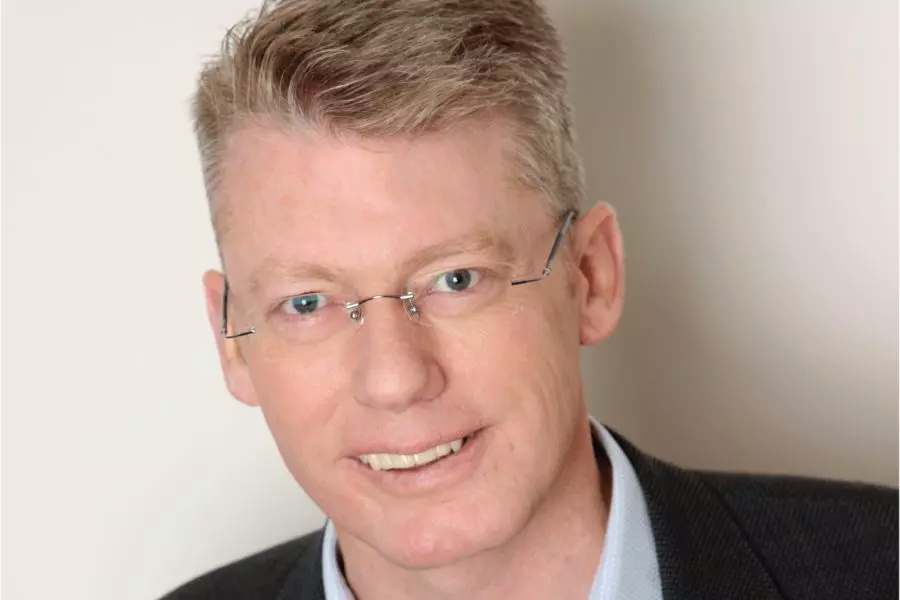Getting to know...Clayton Coplestone

Who are you and what do you do?
Heathcote Investment Partners actively seeks to own the NZ rights to world’s-best investment capabilities from here and overseas. We use a combination of independent research, adviser appetite and global connections to help identify capabilities that are appropriate for the retail, wholesale and institutional community.
How d...



![[OPINION] Tax Efficiency vs. Real Returns: Are you being penny wise and pound foolish?](https://goodreturns.publit.io/file/c_fill,w_300,h_200/eb495911-87ec-46c6-9a16-6eeb5c81e7fb-9.webp)


